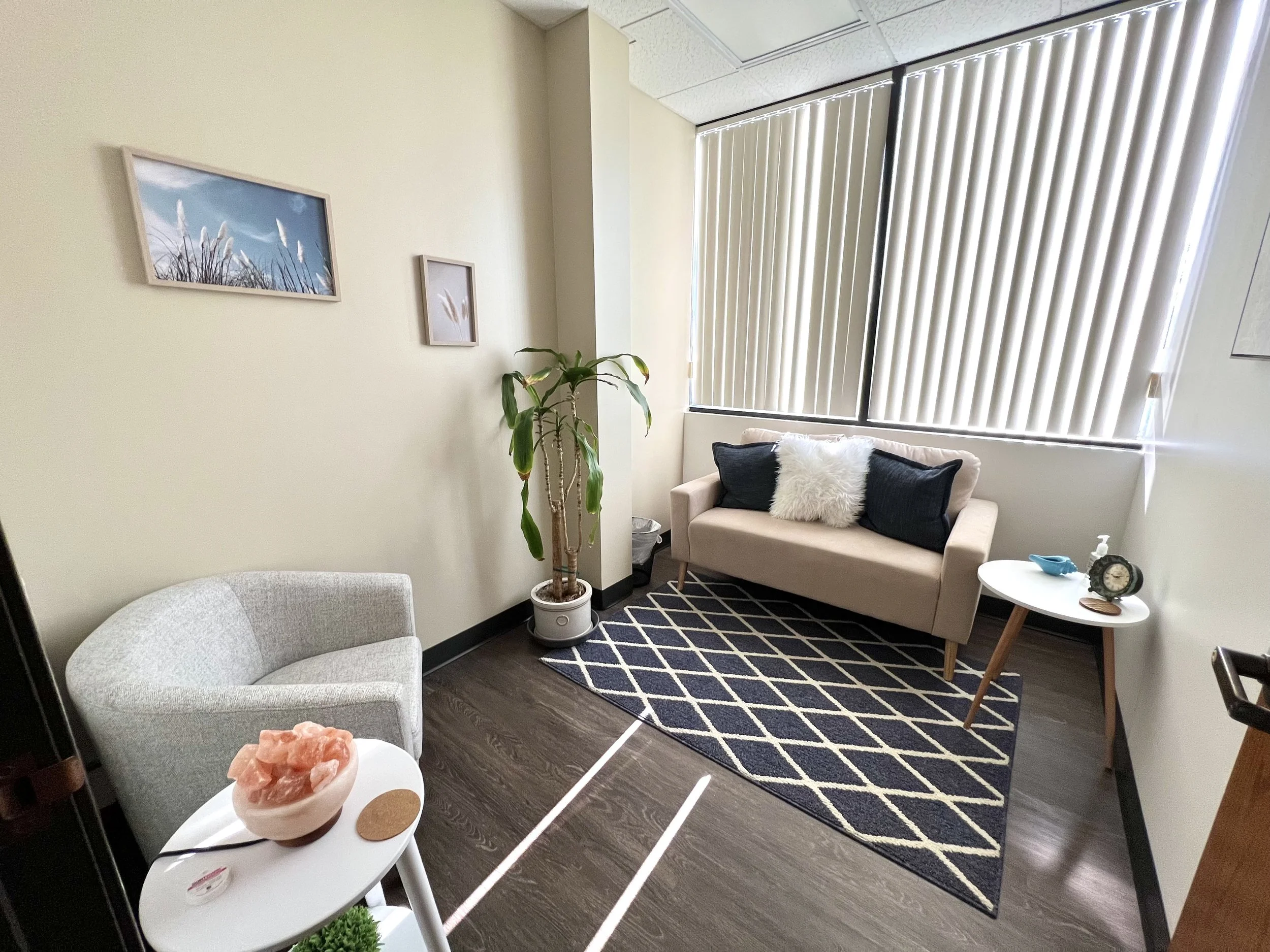The Unspoken Magic of the Therapeutic Relationship
In graduate school, we were drilled on professionalism: ethics, laws, boundaries. Keep distance. Reveal little. These rules are essential—they protect clients and preserve the integrity of the work. But what no syllabus ever captured was the quiet miracle that unfolds when those boundaries hold space for something deeper: a genuine therapeutic alliance.
After years in the field, I’ve come to cherish this relationship in ways I never anticipated. There’s a rare privilege in sitting across from someone as they lay bare their deepest wounds, trusting you—not just with their story, but with their healing. I still marvel that people choose my couch, my presence, to begin reclaiming their lives.
The Courage to Begin
Starting therapy is no small act. It means walking into a room (or logging onto a screen) and handing your vulnerabilities to a stranger. The stakes are high: not every therapist is skilled, compassionate, or even safe. Some cause harm. Yet people persist, driven by a fierce will to heal. They return, session after session, because something shifts when they feel truly heard, validated, and given a clear path forward.
In that first meeting, emotions often spill over. Tears, anger, relief. As trust takes root, the bond deepens. Soon, I may become one of the few—or the only—person privy to a secret they’ve never spoken aloud. That trust isn’t just informational; it’s transformational. They’re entrusting me to help carry the weight and guide them through it.
A Bond Like No Other
Therapists occupy a singular role. We bear witness to darkness, cultivate healing, celebrate breakthroughs—and then, when the work is done, we let go. We don’t follow up. We don’t know where life takes them next. I’ve wondered about countless clients, especially the young ones, whose futures I helped shape in small but profound ways. The silence that follows termination is part of the job, yet the intimacy we share within those four walls (or that secure video frame) is unmatched.
The most poignant moment? When a client looks me in the eye and says, *“I appreciate you.”* Those three words reveal the depth of what we’ve built. Early in my career, especially in non-profits, I leaned into the stoic archetype: helpful, but detached. Private practice changed that. Specializing in PTSD, I began working with people whose lives had been hijacked by trauma—relationships fractured, emotions explosive, daily triggers unbearable. Session by session, we rebuilt stability, processed the past, and watched them emerge lighter, stronger, often happier than they thought possible.
Again and again, I saw gratitude bloom—not just for the techniques, but for the relationship that made them possible. When loved ones can’t grasp the pain, when friends fall short, a therapist who truly sees you becomes a lifeline. To guide someone from despair to reclaiming their life? That’s sacred work.
Not Every Story Is Perfect
Of course, not every alliance reaches this depth. Some fizzle. Some falter. Mismatches happen. But the fact that such profound connection *is* possible—that it happens regularly—makes this profession extraordinary. Even telehealth, now a mainstay, hasn’t diminished it. If anything, it’s expanded access, helping clients find therapists who truly fit.
A Call to Trust the Process
If you’re hesitating on the edge of therapy, hear this: finding a therapist you click with is worth the search. Let yourself be seen. Let yourself trust. The relationship that forms isn’t just helpful—it can be one of the most meaningful connections of your life. And for those of us on the other side of the couch, it’s a reminder every day of why we do this work.
Naomi Cooper Martin, LMFT
Founder of Trauma & Relationship Counseling





